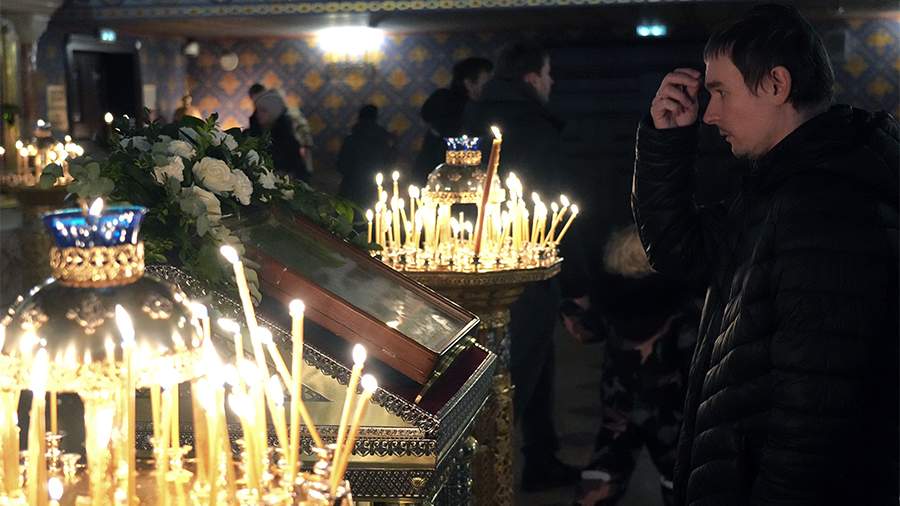Church holiday on February 24: what to pray for today, what omens to pay attention to
- Новости
- Local news
- Church holiday on February 24: what to pray for today, what omens to pay attention to

Every year on February 24, the Orthodox Church honors the memory of Vlasius of Sebastia, who lived in the third to fifth centuries. In 2025, the feast falls on Monday. In Russia, it was called Vlasiaev Day or Cow Holiday. About the history, traditions and signs of the holiday read in the material "Izvestia".
According to legend, St. Vlasius from childhood was distinguished by meekness and piety. He spent a lot of time caring for the sick and indigent, often retreated to the caves for prayerful solitude. Seeing his righteousness, the people of Sebastia petitioned for the appointment of Vlasius as bishop.
The saint performed his duties with honor. When persecution of Christians began under Emperor Diocletian, he visited the dungeons, strengthening the spirit of the martyrs, and supported the faith of his flock.
The persecution of believers continued during the reign of Emperor Licinius. At that time Vlasius, together with many Christians, left Sebastia and settled in a cave on the slope of Mount Argus. Soon wild animals began to come to the saint, who behaved meekly and obediently to him, as if they were pets. The witnesses of this miracle were pagan warriors who reported what they had seen to Agrikola, the governor of Sebastia. He ordered the bishop to be seized.
When the soldiers came for Vlasius, the saint went with them into the city without resistance. Agricola welcomed him warmly and tried to flatter him into giving up his faith in Christ, but the saint remained adamant. He was then tortured and thrown into prison without food. When a pious widow learned of this, she slaughtered a single pig and brought the bishop some boiled meat to sustain his strength. The saint thanked the woman and commanded her to prepare such a dish every year in memory of him, then "there will be no lack in your house."
Soon afterward Vlasius was again brought before the governor. Neither torture nor persuasion could make him worship idols. Then Agricola ordered the bishop to be beheaded.
St. Vlasius is prayed to for healing from diseases, especially those related to the throat, as well as for prosperity, forgiveness of sins and strengthening of faith. In addition, the martyr has long been honored as the patron saint of livestock and cattle breeders, so animal owners often appeal to him with pleas for a healthy litter.
In Russia on St. Vlasius' feast day it was customary to prepare dishes of boiled pork or beef. No festive feast was without meat, despite the fact that by the end of winter the villagers were running out of food. It was strictly forbidden to save on food on February 24, otherwise, according to beliefs, the family could wait for famine and disease.
On Vlasaev Day peasants paid special attention to livestock. Animals were fed and fed to the full, and it was considered a sin to shout at them. Cows and bulls were brought to the temple for the "Vlasyaev prayer service". They were sprinkled with holy water and served with milk porridge. Our ancestors believed that it would help the cows to give birth to healthy calves.
Also on February 24 markets were opened, where meat, milk and other products were sold. It was believed that the most profitable day to buy cows. Young people visited fairs to participate in festivities, play snowballs and go sledding.
During the holiday, our ancestors carefully watched the weather, looking for signs of the end of winter. According to folk omens, if frosts hit on Vlasyaev Day, it means that spring is just around the corner. Snowfall was also considered a sign of early spring. If the snowdrifts on the street were high, it was understood that there would be a lot of grass in summer. But frost on the trees meant that the frost would be delayed.
Earlier "Izvestia" told about the traditions and omens of the holiday Zakhar Serpovidets.
Переведено сервисом «Яндекс Переводчик»


